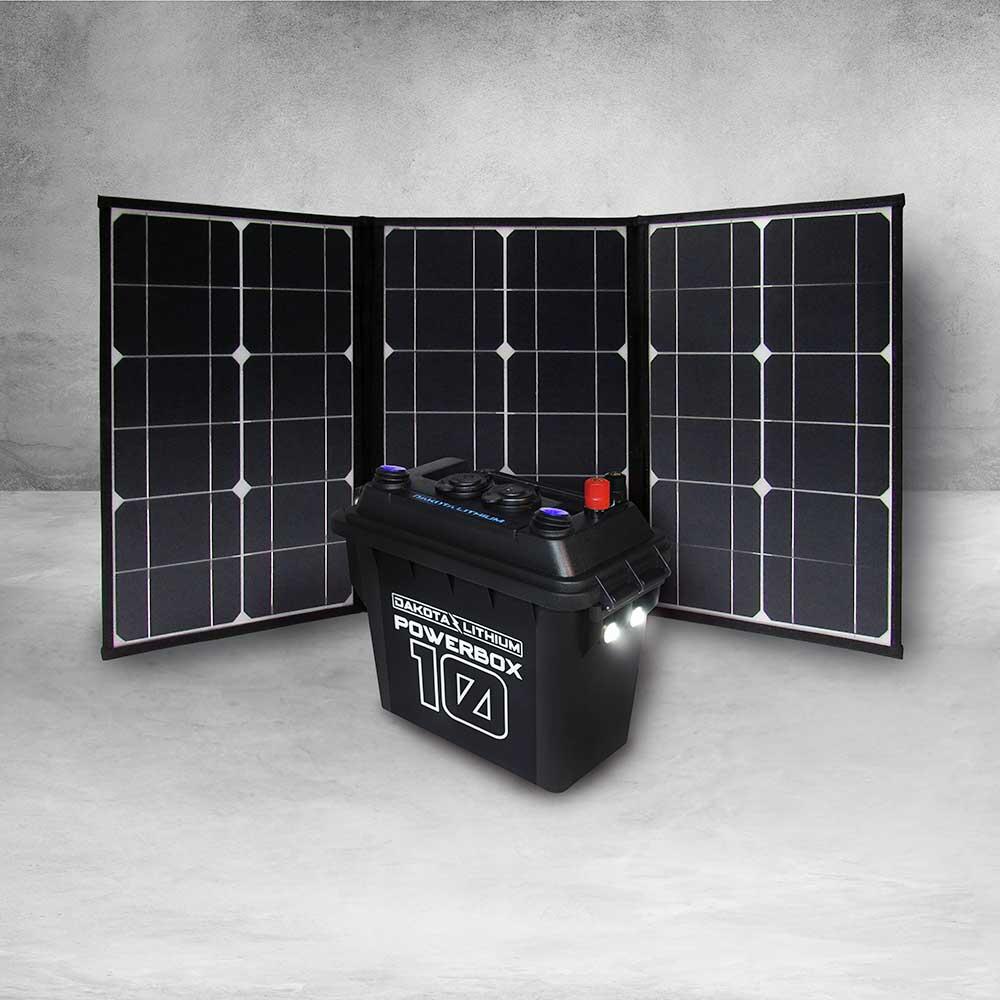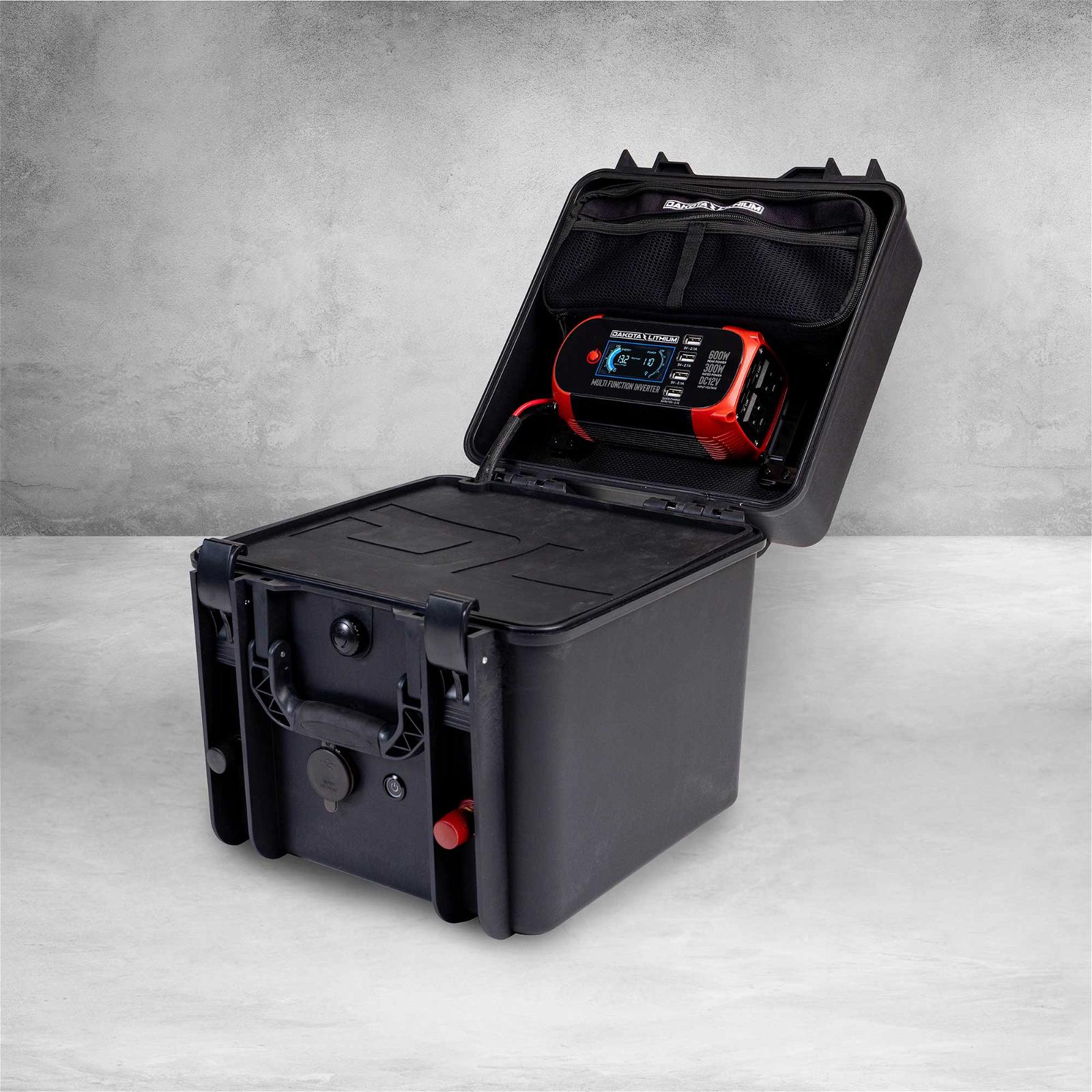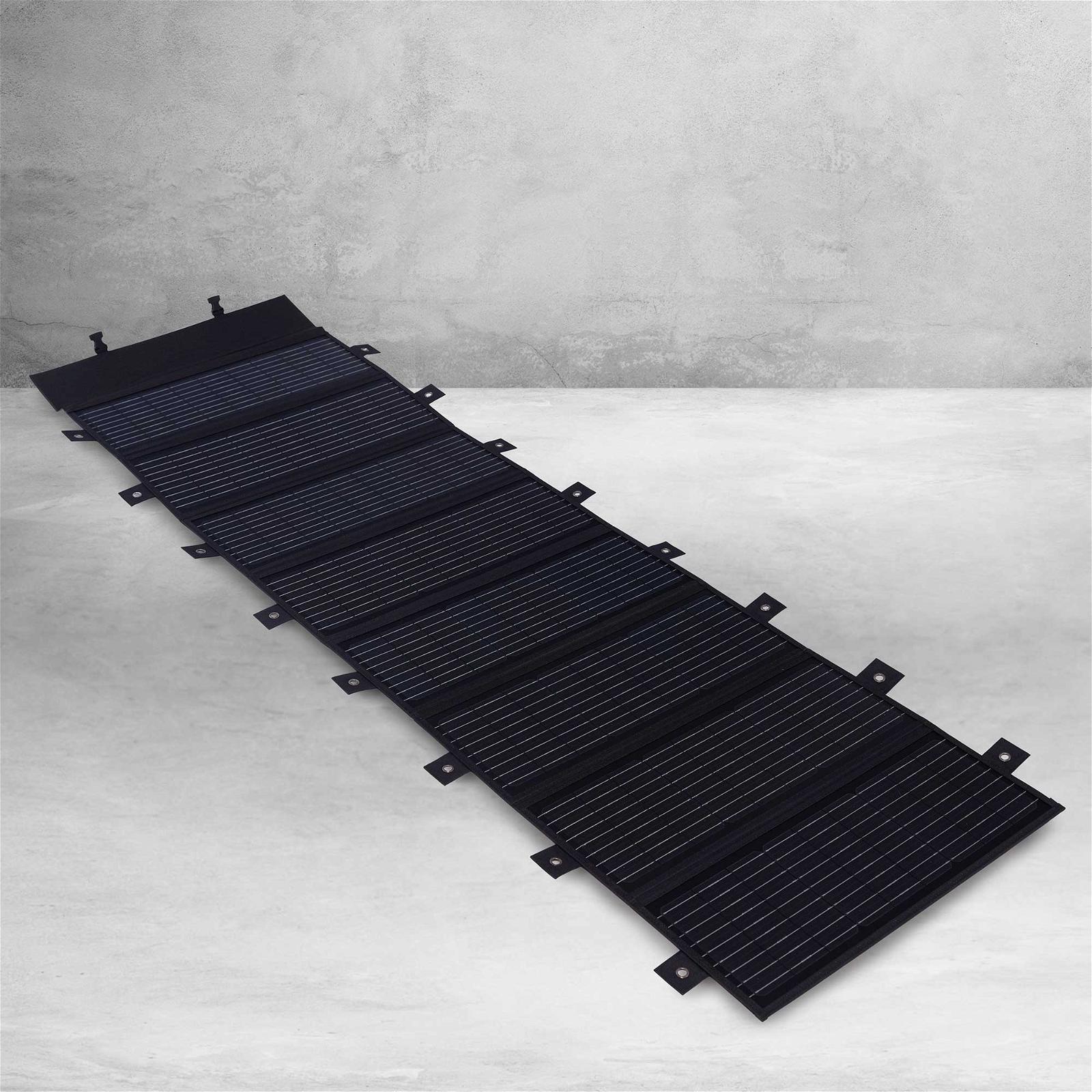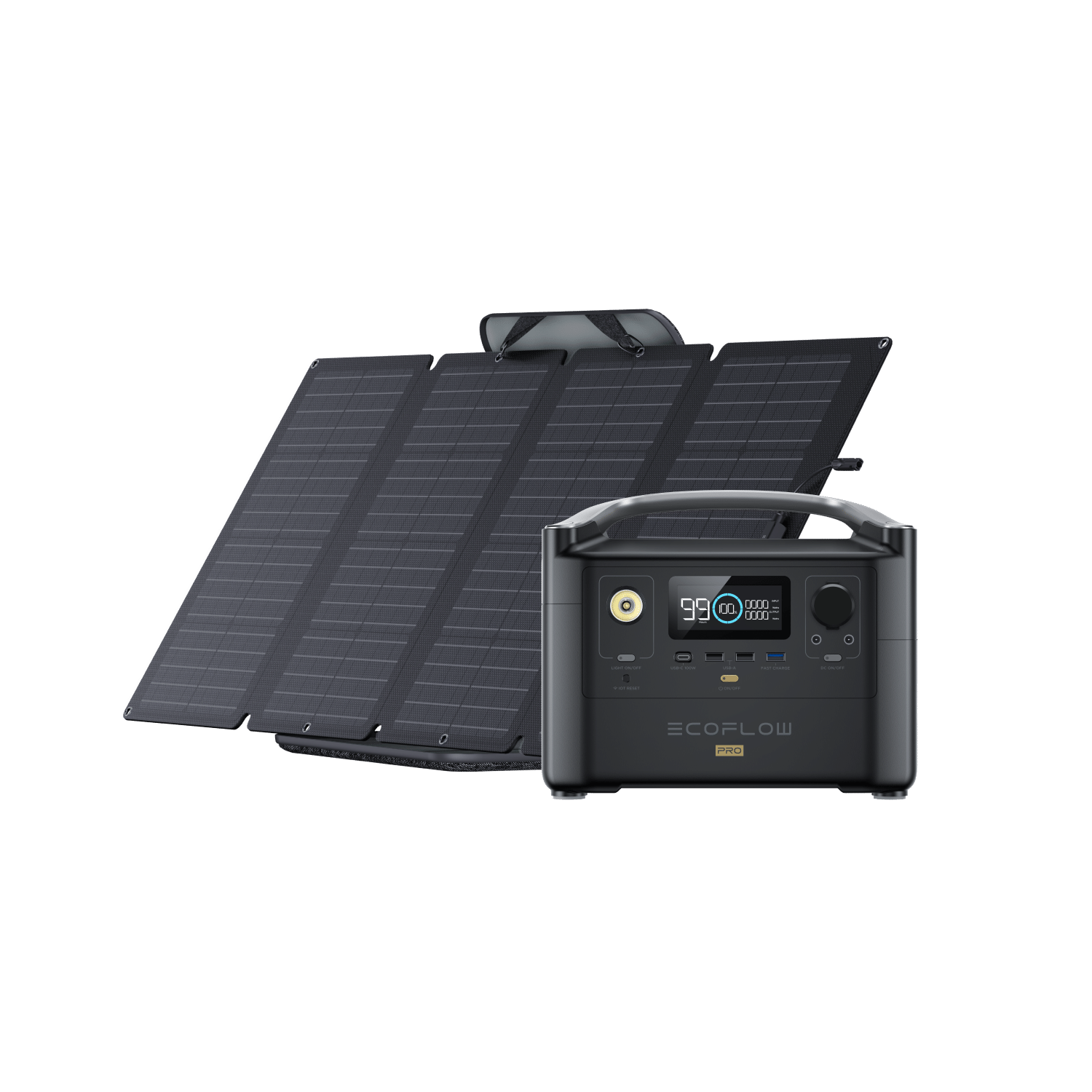These "solar generators" are rated in watts.
View attachment 8313843 All a "solar generator" and I also hate the term, they generate nothing.....all they are is a battery and an inverter. The size of that battery and they.....type I guess I will say.....of the inverter will give the "capacity" of that specific box. You can see them above and how they are rated, 600w,200w, 4.8kWh.
They are all sized in watts. The battery is done in a voltage and amp hours, in these little pre made boxes you need to dig into the specs to see how they are powered. Are there two little 12v batteries in that box, are they wired in series or parallel, or is there one larger 24v battery.
Then just what you plug into them and what that draw is, is also going to tell you run time. Turning DC into AC is not a real efficient process, there will be loss, generally in heat. Most of the inverters have a "happy spot" where they are most efficient, generally around 70% of their stated max output.
Head over to DIY solar for some rundown on that.
If the OP is still here I can see one thing in the photo I linked that would likely make him look twice, and I will talk about that for a sec.
View attachment 8313844 Cool solar panels to recharge the thing, and the thing itself. That is everything I need. And you are right it is everything you need. Question is how long will that take. How do you figure that one out.
As likely one of the few on here that has hand built his own system and did not cut a check and have it done I can tell you the questions you need to ask.
What are the rated outputs of those solar panels.
On the back of your panels they should have a sticker with this info on it.
View attachment 8313846 This tells you everything you need to know. Open circuit is what you should see on your meter if you hook the panel + and - to your meter and it is a good sunny day. It should be in that ballpark. Everything here is going to be ballpark numbers. If it is half that on a sunny day you have issues. At this point I will say something about used. These things don't last forever, and as they age they will loose voltage. This is why people get rid of them. They still "work" but you might be getting 15v out of the thing and not 21. keep that in mind when looking at this stuff.
The only other that really "matter" are the rated readings. This panel will crank out 18v and 2.23 amps. Good ole Ohms law will tell us how many watts that is, and with that number vs your "generator" that will tell us how long it will take to "fill-er up". Again in perfect conditions.
So this one is dong 40w. Now your generator is 300, you can do the math on how many hours that is going to take.
Really in a nutshell that is about it.
Battery is another thing to look at Lifepo4 are popular, but they DO NOT like to get cold. Mine have a "heating pad" made for keeping the water tanks on motorhomes from freezing. You will destroy the batteries if you let them get to freezing. Another thing to think about if you live where it gets real cold.
Some panels do better in the heat. As they warm up they loose the ability to make their rated numbers, another thing to think about. If the ground is reflective they make two sided. The list goes on and on.
But don't charge this thing up and toss it in your shed to sit out the winter, it will not be happy come the spring and you need it for thunderstorms knocking out your power.





